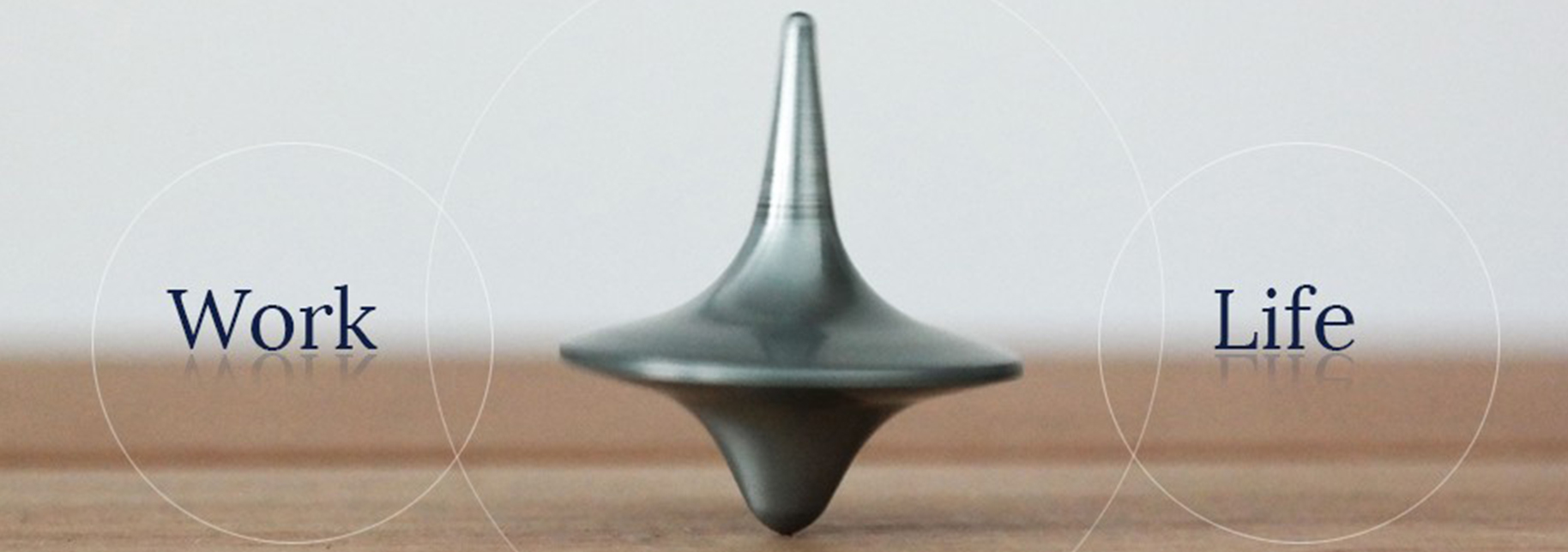

Nearly 13 years ago, when I took over the reins at SPIC, I alongside the leadership team would spend long hours at work. At the time, turning around the company was our first priority. The business was in severe debt and we had to work day and night to put the operations back on track.
Those were also the years when being called a workaholic was considered a compliment. With the rise of a workaholic culture, there was a tendency to look at overworking individuals in a positive light.
Then, there came a time when my long working hours began affecting my health. It led me to change my approach. I started working out and eating healthy. I lost weight and started feeling energetic. There was a remarkable difference not only in every aspect of my health but also in my effectiveness at work. Over time, promoting a balanced, healthy workforce became a top priority at all our businesses. Various initiatives like 'Health is Wealth' contests and workshops on Emotional Intelligence have ensured that a healthy approach to life for our employees.
At AM International, across our 14 businesses, there is a conscious effort to encourage work-life balance, healthy habits and overall well-being. Today, with the constant use of mobile phones, laptops and multiple gadgets, a balanced approach is more important than ever before.
Technology has brought us more freedom, but it is also the reason for the constantly connected expectations. Today, we are wired to check emails, social media and work 24x7. Ultimately, this means having less time for ourselves, less time for our loved ones and less time for recreation, leading to more stress.
An overworked culture is the result of a precedent that is set by a lot of organisations. Unfortunately, the number of hours worked is the key metric used to demonstrate value, contribution, and performance leading to the idolisation of overwork.
In today’s knowledge era, effectiveness and a balanced approach to work are important. I personally believe in measured risk-taking in business, and it includes, not risking your health with various complications due to work stress.
Many of us don’t know what to do when we are not working. This is often because culturally, we are made to look at free time as a waste of time.
Travelling to different places, spending focused time with family and working towards giving back to society are some of the measures that keep me invigorated.
Countries and organisations that have tested the four-day work week found that employees were not only happier – but significantly more productive. A Harvard Business Review experiment showed a decrease from the average 8-hour workday to a 6-hour workday, increased productivity. While this seems like a win-win solution for both organisations and employees, I believe work-life balance is about more than just hours. After all, everyone’s balance is different.
Also, such a format is difficult to implement for services businesses or manufacturing setups where plants needs to run continuously. Questions have been raised about the increasing cost of production including additional manpower which can make companies uncompetitive. I believe the discussion will evolve and till then we should do our bit.
Not being able to switch off, being connected every waking moment and the effect of working excessive hours is something that organisations need to address actively. A critical change to solve the problem needs to happen at a cultural level. Organisations need to encourage and idolise balanced professional identities. The identity should have a defined part for one’s family, community and interests outside work.
Once people begin to value free time, they will more easily be able to find a balance between work and leisure. Employees being an important part of the organisational family, their well-being will result in a healthy and prosperous business entity.